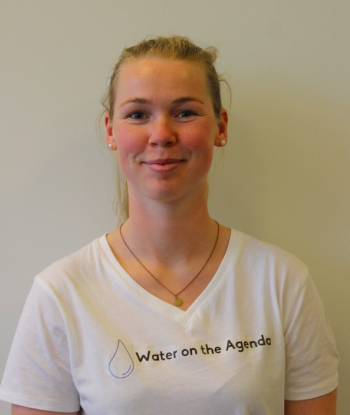The contemporary moment is marked by an unprecedented “faith” in the law (Comaroff 2009). The aim of this multidisciplinary project is to provide new and critical understandings of the dilemmas involved in both protecting and enforcing “religious freedom”. What is all-too-often ignored in current invocations of this celebrated idea(l), is that in order to enforce […]
Far-reaching processes of juridification are perceived to be at work in Norwegian society and globally, with expanding and more detailed legal regulation, legal regulation of new areas, conflicts and problems increasingly being framed as legal claims, authority shifting from political bodies to courts and other judicial and quasi-judicial bodies, and a development where a judicial way of […]
The main aim of this project is to develop a comprehensive analytical framework for comparative analysis to explore how the choice of mechanisms for handling gross human rights violations (truth commissions, trials, amnesties, and reparations) may affect peace building. A twofold strategy will be used to develop the framework: First, by collecting and systematically examining […]
Abstract: This project aims to strengthen the competence of Norway as it increasingly becomes a key player on the relations between climate and poverty by improving the knowledge base on Norway’s bilateral relations with South Africa, contribute to a better understanding of the challenges for development aid cooperation to be responsible towards both the environment and […]
In many Latin American countries, former military officers are now facing charges of torture, murder, forced disappearance, and genocide committed under the dictatorships of the 1970s and 1980s. Why is this happening now, years after the transition to democracy? And why are courts in some countries leading the way? This comparative analysis, focusing on the […]
Masters project: Ruben Berge Mathisen (Comparative Politics, UiB), submitted 2018 This thesis advances a modified version of Inglehart’s Postmaterialist thesis as an explanation for homophobia in Africa. My argument is that economic development substantially contributes to creating a Postmaterialist public culture – part of which is tolerance for homosexuality – when triggering three mechanisms: a) […]
Masters project for Artur Rubinat (Department of Administration and Organization Theory at UiB) My master thesis reads Community Policing as Social Innovation. In the Police service this means to link democratic governance mechanisms (citizen and community participation), with meeting security needs to produce social change. I study the Local Police reforms in the cities of […]
Masters thesis for Runa Falck Langaas (Comparative Politics, UiB), submitted 2017 Norway has a long history of discrimination against a group of Roma, namely the Tater/Romani people. In 1998, the Norwegian authorities officially apologised for the way in which the Tater/Romani people had been treated. A few years later, another group of Roma started coming […]
Masters thesis for Marthe Sleire Engedahl (Comparative politics, UiB) Historically high numbers of refugees and the current unwillingness of states to provide refuge to people fleeing persecution have placed the international refugee protection regime under what is often framed as unprecedented pressure. Key refugee protection mechanisms, such as the 1951 Refugee Convention and the right […]
Masters project by Mathilde Thorsen, 2018. In this thesis, I attempt to explain the development of the international human right to water, and how this has affected opportunities for those that have their rights violated. As the right to water was elevated to an independent human right in 2010, some mechanisms were created to monitor […]





